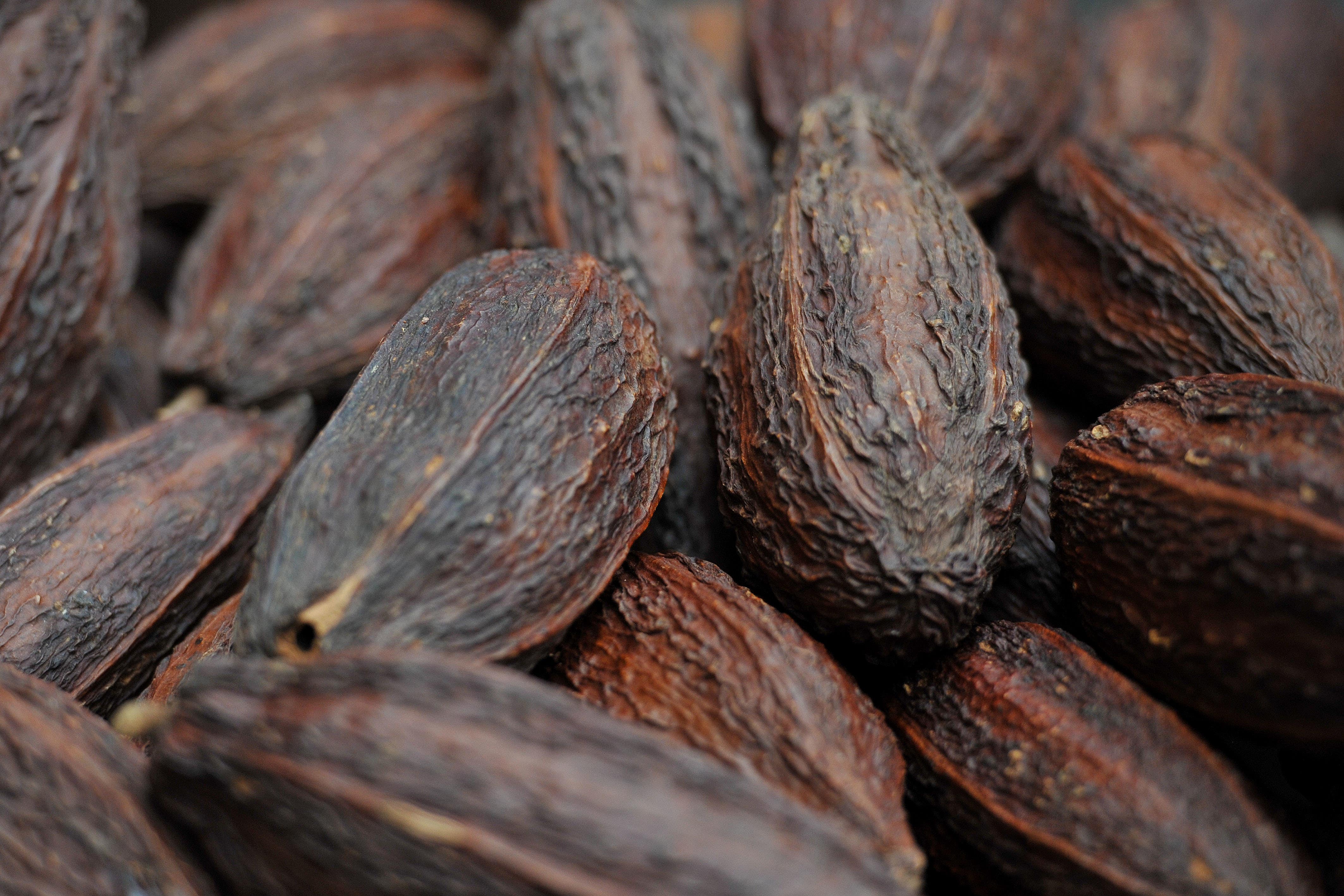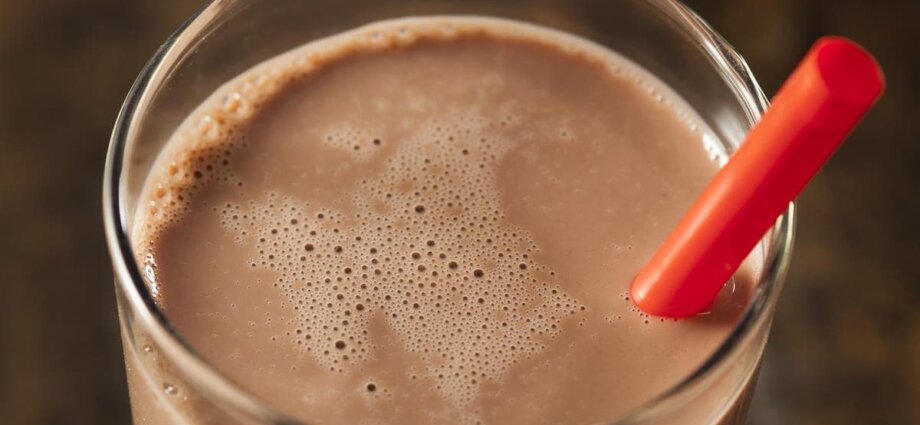A cup of cocoa could protect you from the negative effects of fatty comfort foods during times of stress, new research suggests.
The food choices people make when stressed can influence the effect this tension has on heart health, experts say.
But now a small study has found that drinking cocoa (the key ingredient in chocolate) high in flavanols with a fatty meal can mitigate some of the impact the food has on the body.
Flavanols are compounds found in some foods and drinks, like apples and tea, and are considered to have a range of different benefits, including being good for regulating blood pressure and protecting cardiovascular health.
For people who are likely to reach for a fat-rich treat when stressed, or because it is quick or convenient, adding a cup of minimally processed cocoa or green tea “could make a real difference” for their health.
Dr Catarina Rendeiro, assistant professor in nutritional sciences at the University of Birmingham, and leading author, said: “We know that when people are stressed, they tend to gravitate towards high-fat foods.
“We have previously shown that fatty food can impair the body’s vascular recovery from stress.
“In this study, we wanted to see if adding a high-flavanol food to the fatty meal would alleviate the negative impact of stress in the body.”
In a previous study, the Birmingham researchers found that high-fat foods can negatively affect the function of blood vessels and oxygen delivery to the brain, while flavanols – found in abundance in cocoa and green tea – can protect this function during periods of everyday stress.

Dr Catarina Rendeiro, assistant professor in nutritional sciences at the University of Birmingham, added: “This research shows that drinking or eating a food high in flavanols can be used as a strategy to mitigate some of the impact of poorer food choices on the vascular system.
“This can help us make more informed decisions about what we eat and drink during stressful periods.”
For the study, researchers gave 23 healthy adults two butter croissants with 10g salted butter, 1.5 slices of cheddar cheese and 250ml whole milk for breakfast, and either a high-flavanol cocoa or a low-flavanol cocoa drink.
After an eight-minute rest period, the group was asked to complete a mental maths test which increased in speed for eight minutes, alerting them when they got an answer wrong
During the rest and test, scientists measured blood flow in the forearm, heart activity and oxygen in the body.
They found that the stress task induced significant increases in heart rate and blood pressure – similar to the stress that may be encountered in daily life.
The researchers also found that eating fatty foods with the low-flavanol drink when stressed reduced blood vessel function, and lasted up to 90 minutes after the stressful event was over.
But the cocoa drink high in flavanols prevented the decline in blood vessel function following stress and fat consumption, the study published in the journal Food And Function found.
The experts say that people should be looking for minimally processed cocoa powder in the supermarkets, and if cocoa is not quite your beverage of choice, there are other ways you can get a higher dose of flavanols, such as green tea, black tea and berries.
Jet Veldhuijzen van Zanten, professor of biological psychology at the University of Birmingham, and author of the study, added: “Modern life is stressful and the impact of stress on our health and the economy has been well documented, so any changes we can make to protect ourselves from some of the symptoms of stress is positive.
“For those who tend to reach for a treat when stressed or depend on convenient food because they work high-pressure jobs or are time-poor, incorporating some of these small changes could make a real difference.”










